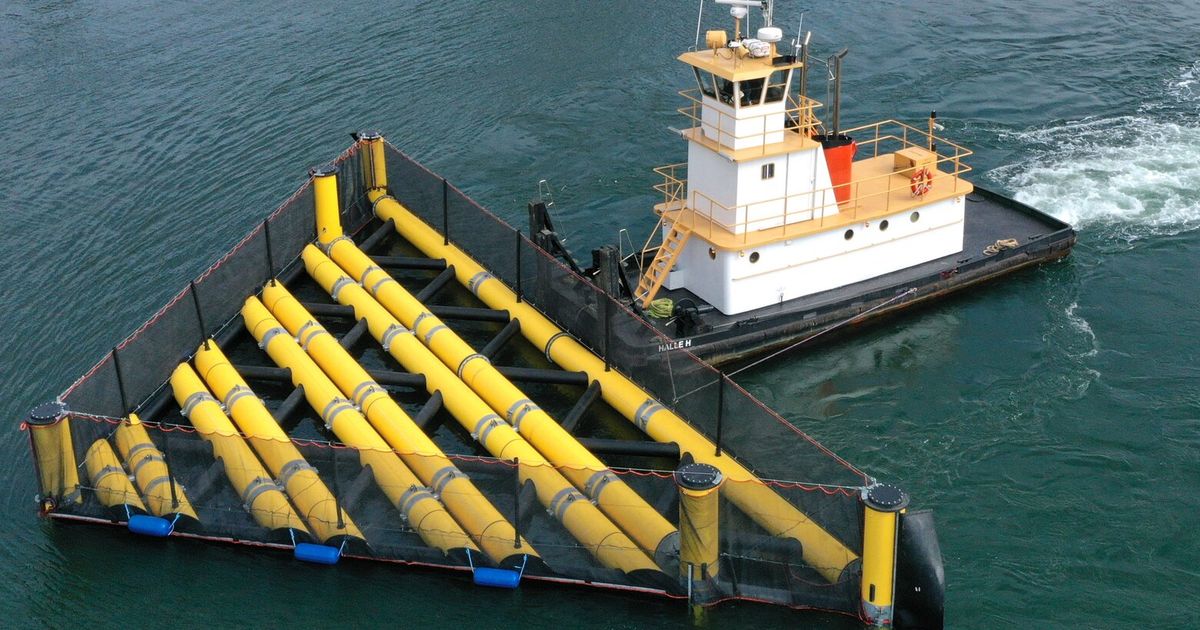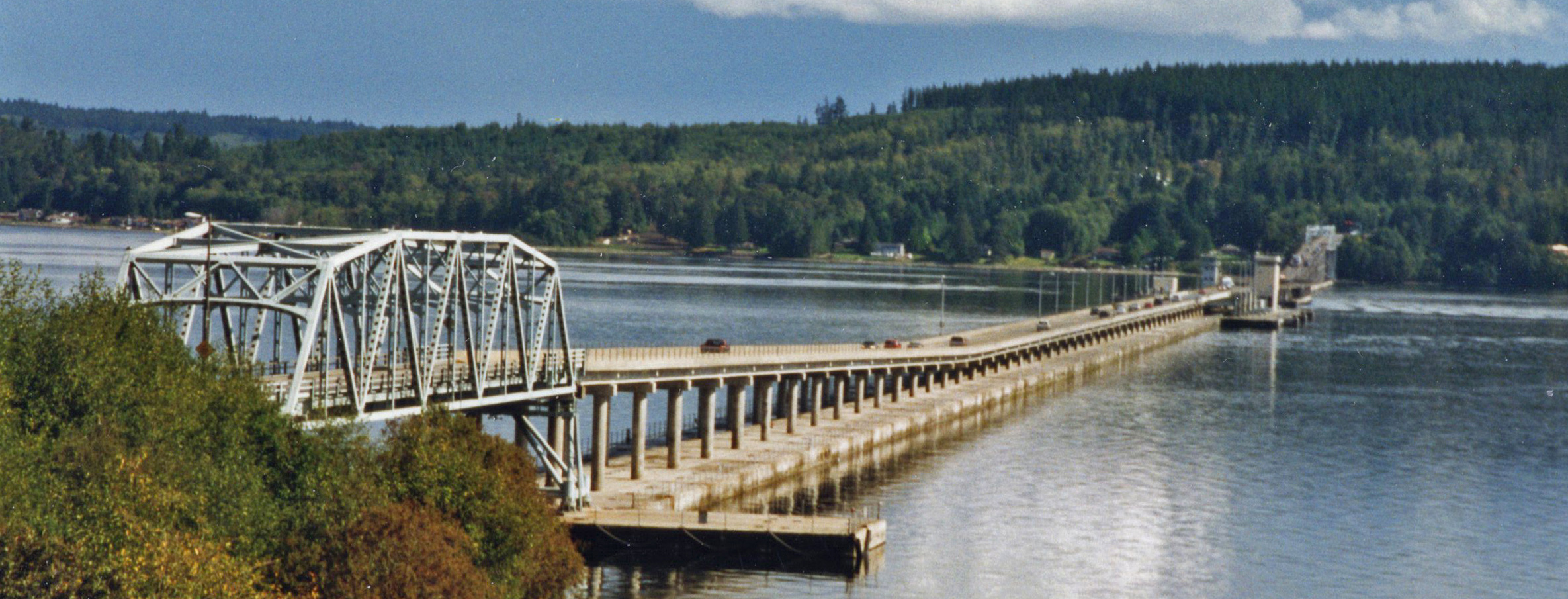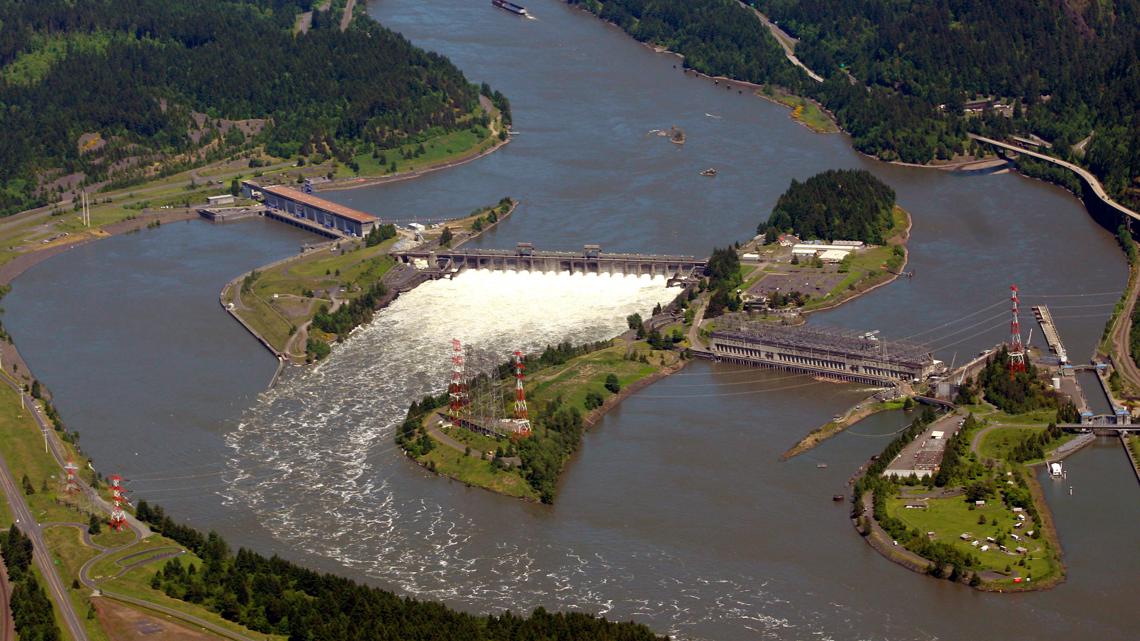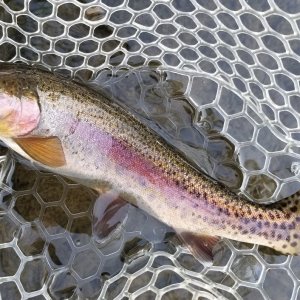Sorry, folks, but the salmon discussion confuses me, still. I'm an inland guy who lives where we killed all anadromous fish years ago. And while we have similar discussions on predators with resident fish (Pelicans at Rocky Ford for example) the ones about salmon and steelhead still boggle my mind.
Every year or two (even before the internet) we're treated to statements from folks who are familiar with these fisheries about predators. Sea Lions, seals, Caspian Terns, Cormorants, smallmouth bass, now or soon Northern Pike, Northern Pikeminnow, etc., etc. Some folks cry "These critters are 'taking our fish'". And there's a popular cry to kill them in the act. And a complaint that rules prohibiting that killing are misguided at best, a conspiracy of enemies (Them!) at the worst, followed by suggestions of wanton violation of those rules (the Shoot, Shovel, and Shutup solutions).
It looks to me that wildlife are just trying to make a living like everyone else. It doesn't take long for a fish-eating creature to figure out where the outfall of a hatchery is, or the base of a fish ladder, or some other "fish-aggregator" is built. If you don't believe me, count the bald eagles at the Prince Rupert salmon boat dock when the fleet comes in. Anyway, once wildlife figures out where lunch is, they eat it. And they tell their buddies, and they eat there, too. In human terms, it seems a lot like the line leading up to the trailer where they hand out gummint cheese, or like the line of trout anglers below every bottom draw dam in the West. Eat where the food is, fish where the fish are. It's not reallly their fault we've skewed the catch per unit effort in the predators' favor, really.... We built this stuff.
So, should we kill wildlife for what seems like rational behavior? Really? Isn't there some other solution? Seal resistant nets 500 yards down from the hatchery outfall? Something? I don't hear the fish farming guys complaining about seals around their net pens.....do they know something we could use?
Who's at fault here?
Every year or two (even before the internet) we're treated to statements from folks who are familiar with these fisheries about predators. Sea Lions, seals, Caspian Terns, Cormorants, smallmouth bass, now or soon Northern Pike, Northern Pikeminnow, etc., etc. Some folks cry "These critters are 'taking our fish'". And there's a popular cry to kill them in the act. And a complaint that rules prohibiting that killing are misguided at best, a conspiracy of enemies (Them!) at the worst, followed by suggestions of wanton violation of those rules (the Shoot, Shovel, and Shutup solutions).
It looks to me that wildlife are just trying to make a living like everyone else. It doesn't take long for a fish-eating creature to figure out where the outfall of a hatchery is, or the base of a fish ladder, or some other "fish-aggregator" is built. If you don't believe me, count the bald eagles at the Prince Rupert salmon boat dock when the fleet comes in. Anyway, once wildlife figures out where lunch is, they eat it. And they tell their buddies, and they eat there, too. In human terms, it seems a lot like the line leading up to the trailer where they hand out gummint cheese, or like the line of trout anglers below every bottom draw dam in the West. Eat where the food is, fish where the fish are. It's not reallly their fault we've skewed the catch per unit effort in the predators' favor, really.... We built this stuff.
So, should we kill wildlife for what seems like rational behavior? Really? Isn't there some other solution? Seal resistant nets 500 yards down from the hatchery outfall? Something? I don't hear the fish farming guys complaining about seals around their net pens.....do they know something we could use?
Who's at fault here?

















